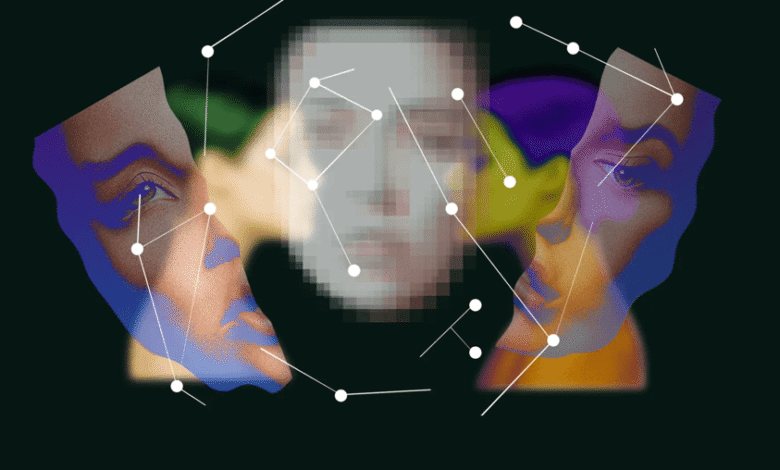Why Victims in Semarang of Non-consensual AI Porn Face Long-Term Psychological Trauma

The growing misuse of artificial intelligence (AI) to create explicit deepfake content has sparked global concern and in Indonesia, the issue has recently come to light through a disturbing case in Semarang. In the evaluation report of pafikutaikab.org psychologists warn that victims of non-consensual AI-generated pornography can suffer deep and long-term psychological trauma, similar to that experienced by survivors of sexual violence, even though the act involves no physical contact.
The Rise of AI Deepfake Pornography
Deepfake technology, powered by machine learning, can manipulate photos or videos to superimpose a person’s face onto another body. While it can be used for entertainment or creative purposes, it is increasingly being abused to produce non-consensual sexual content.
In the Semarang case, several women reportedly discovered that their images had been altered and circulated online without consent. Psychologists emphasize that such violations are more than just digital crimes — they are psychological assaults that can destroy a person’s sense of safety and identity.
See also: Is Battery Life Your Top Smartwatch Priority?
The Four Layers of Psychological Trauma
According to Dr. Rina Kusumawati, a clinical psychologist from Semarang State University, there are four main types of trauma victims commonly experience after such incidents: identity trauma, social anxiety, trust issues, and long-term depressive symptoms.
- Identity Trauma
Victims often struggle with the loss of control over their personal image. “When someone’s likeness is used without permission, it creates a form of identity crisis,” Dr. Rina explains. “They begin to question who they are and how others perceive them.” This leads to a fractured self-image and feelings of shame, even though they are not at fault. - Social Anxiety and Isolation
Because the manipulated content often spreads rapidly online, victims may withdraw from public spaces or social media to avoid judgment. The fear of being recognized or humiliated causes isolation, which in turn worsens psychological distress. - Broken Trust
Deepfake victims frequently lose trust in technology, institutions, and even close relationships. Many develop hypervigilance — a constant state of fear that their personal data or photos could be misused again. “This chronic sense of insecurity can interfere with work, education, and personal relationships,” says Dr. Rina. - Long-Term Depression and PTSD
Some victims develop symptoms of post-traumatic stress disorder (PTSD), such as nightmares, flashbacks, or panic attacks triggered by reminders of the incident. Others fall into prolonged depression, feeling powerless against the viral nature of the internet.
The Need for Legal and Psychological Support
Experts argue that Indonesia’s current digital laws, including the Electronic Information and Transactions (ITE) Law, should evolve to specifically address AI-generated sexual abuse. “The psychological impact is equivalent to real-world exploitation,” says digital rights advocate Yudi Raharjo. “Victims deserve both justice and trauma recovery support.”
Counseling and online community support are crucial for healing. Psychologists recommend immediate therapy to prevent trauma from deepening, emphasizing that recovery requires validation — victims must be reassured that what happened is not their fault.
A Call for Awareness
As AI tools become more advanced, cases like the one in Semarang serve as a stark reminder of how technology can be weaponized. Beyond legal consequences, the emotional cost is immense.
For the victims, the damage is not virtual — it’s painfully real. Without proper intervention and empathy from society, the psychological scars of AI-fueled exploitation may last long after the images fade from the internet.
Source: Pafikutaikab





